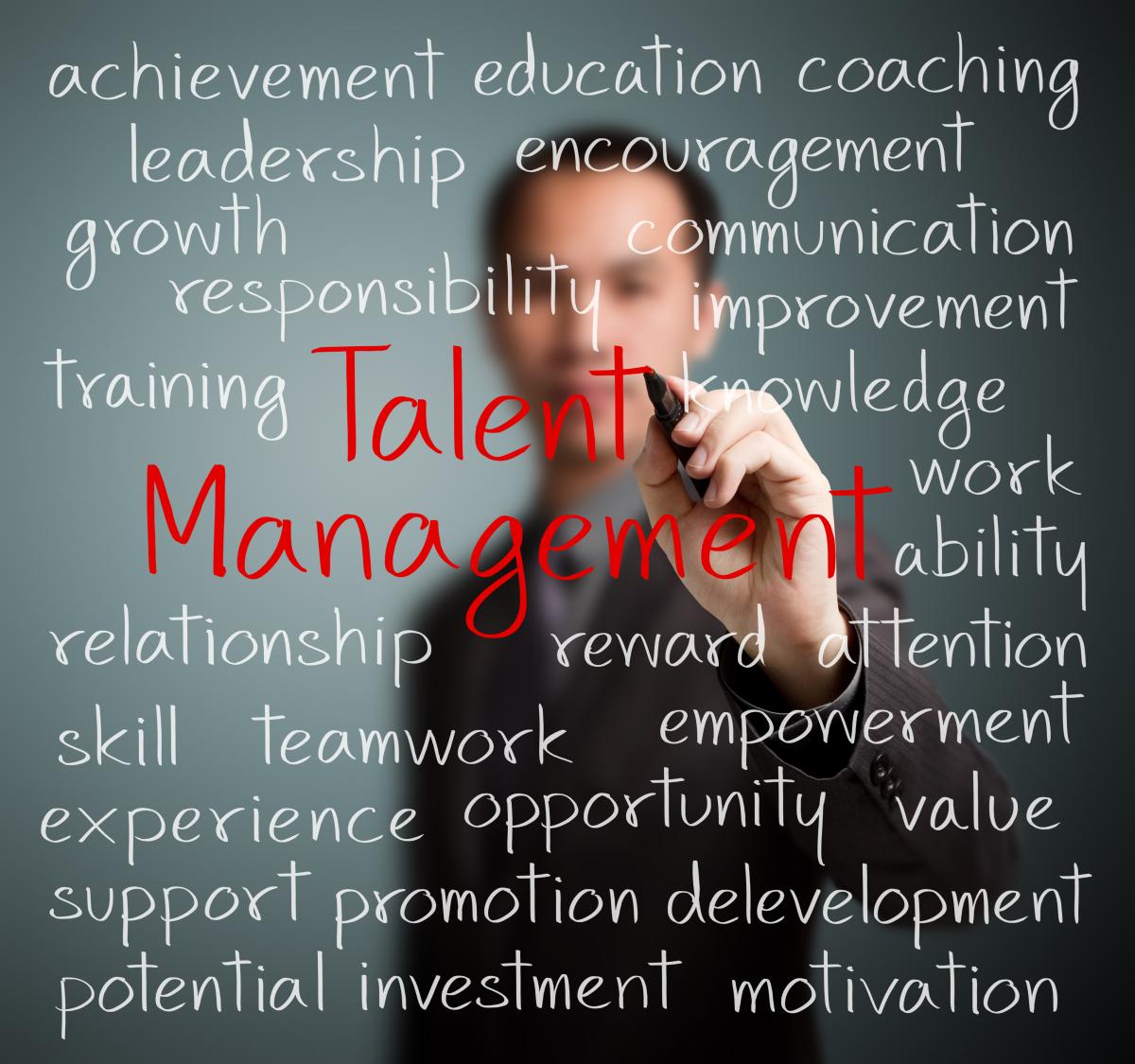With talent development top of mind for RIA firms, an annual benchmarking study finds that many are casting a wider net to recruit new candidates, as well as adjusting compensation packages to help align staff with firm goals.
 That was one of the key takeaways from Schwab Advisor Services’ newly released 2023 RIA Compensation Report, which provides a comprehensive look at compensation practices across the RIA industry.
That was one of the key takeaways from Schwab Advisor Services’ newly released 2023 RIA Compensation Report, which provides a comprehensive look at compensation practices across the RIA industry.
According to the report, recruiting new staff ranked as the second-highest strategic priority behind acquiring new clients through client referrals, while developing existing staff ranked as the sixth-highest strategic priority, up four spots over the last two years.
In addition, three-quarters of firms reported they planned to hire in 2023. The study found that firms generally add a new role for every $300,000 in revenue, bringing on dedicated client service teams, specialized operational and investment roles, and executive management positions as they grow. According to the findings, the median firm will need to hire four new roles over the next five years, while the median top performing firms will need to hire eight new roles over the next five years.
As to casting that wide net, more than 1 in 3 firms are recruiting directly from colleges and universities—the highest seen in the study’s tenure. What’s more, about 1 in 4 firms are recruiting more experienced talent from RIAs.
When it comes to retention and recruitment, compensation packages are oftentimes the benefit candidates value most, the study further notes. Across the 27 roles captured in the study, total cash compensation has increased 17% at the median firm since 2018.
Providing learning and development opportunities, which the top-performing firms do more often, is also viewed as an imperative. Nearly 80% of top performing firms offer career path/progression opportunities and spent $2,200 per professional staff in 2022 on training, education and professional dues.
“Competitive compensation is central to a strong employee value proposition and is a key factor to attract and retain talent in today’s market,” said Lisa Salvi, managing director of Business Consulting and Education at Charles Schwab Advisor Service. “Investing in and developing staff is equally critical so that talent can move into new roles and rise in the ranks. Providing these career path and progression opportunities can help alleviate some of the talent shortage firms may be facing.”
Value Proposition
To help provide organizational structure and guidance, an impactful employee value proposition (EVP) is essential to attract new talent and keep existing staff growing and thriving, Schwab further emphasizes.
An EVP is the give/get pact between an employee and employer, and outlines what a firm offers its employees in return for the skills, capabilities and experiences they bring. For the top performing firms, this includes:
- A compelling work setting (89%);
- Financial rewards beyond base salary (85%);
- An emphasis on teamwork, recognition and connections (89%);
- Financial rewards beyond base salary (85%);
- Defined mission statement, culture and values (82%); and
- Career path/progression opportunities (78%).
More than half of top-performing firms have an EVP in place. Of those firms, over 80% have outlined their mission statement, culture, and values within their EVP, and as a result, at the median saw higher staff retention last year.
As one might presume, compensation packages that connect the firm’s financial interest with those of the employee can help drive performance. This can be done through incentive pay, compensation tied to revenue generation and equity. In fact, firms leveraging performance-based incentive pay saw stronger long-term performance. The five-year CAGRs of firms using performance-based incentive pay included 24% greater AUM, 19% higher revenues, and a 38% higher level of clients.
Traditional and nontraditional employee benefits are also an important part of a total rewards package. Traditional benefits such as health insurance are table stakes; whereas nontraditional benefits, offered by 57% of all firms, can strengthen and differentiate the offer. Other benefits such as a remote/hybrid workplace (75% of all firms) and unlimited PTO (nearly 20% of all firms) can also enhance the rewards package, Schwab notes.
Across the study, Schwab found that staffing is generationally diversified with 46% of employees under age 40, 22% age 40 to 49, and 32% age 50 and older. Somewhat surprisingly, the study also found a nearly balanced gender split across all reported roles.
The report reflects responses from Schwab’s 2023 RIA Benchmarking Study, where 1,044 advisory firms participated in the compensation portion of the study, representing 80% of those who participated overall (1,300). Data was collected from January to March 2023 on over 14,500 employees across 27 roles typically found at RIAs.

